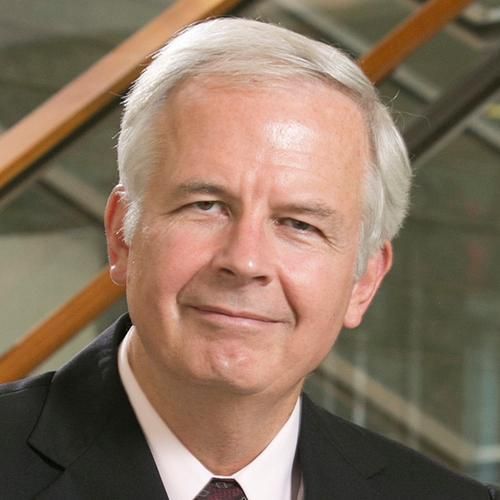
Circulating mitochondria in organ donors promote allograft rejection.
The innate immune system is a critical regulator of the adaptive immune responses that lead to allograft rejection. It is increasingly recognized that endogenous molecules released from tissue injury and cell death are potent activators of innate immunity. Mitochondria, ancestrally related to bacteria, possess an array of endogenous innate immune-activating molecules. We have recently demonstrated that extracellular mitochondria are abundant in the circulation of deceased organ donors and that their presence correlates with early allograft dysfunction. Here we demonstrate the ability of mitochondria to activate endothelial cells (ECs), the initial barrier between a solid organ allograft and its host. We find that mitochondria exposure leads to the upregulation of EC adhesion molecules and their production of inflammatory cytokines and chemokines. Additionally, mitochondrial exposure causes dendritic cells to upregulate costimulatory molecules. Infusion of isolated mitochondria into heart donors leads to significant increase in allograft rejection in a murine heterotopic heart transplantation model. Finally, co-incubation of human peripheral blood mononuclear cells with mitochondria-treated ECs results in increased numbers of effector (IFN-γ+ , TNF-α+ ) CD8+ T cells. These data indicate that circulating extracellular mitochondria in deceased organ donors may directly activate allograft ECs and promote graft rejection in transplant recipients.
Duke Scholars
Published In
DOI
EISSN
Publication Date
Volume
Issue
Start / End Page
Location
Related Subject Headings
- Tissue Donors
- T-Lymphocytes
- Surgery
- Mitochondria, Heart
- Mice, Inbred C57BL
- Mice, Inbred BALB C
- Mice
- Humans
- Heart Transplantation
- Graft Rejection
Citation

Published In
DOI
EISSN
Publication Date
Volume
Issue
Start / End Page
Location
Related Subject Headings
- Tissue Donors
- T-Lymphocytes
- Surgery
- Mitochondria, Heart
- Mice, Inbred C57BL
- Mice, Inbred BALB C
- Mice
- Humans
- Heart Transplantation
- Graft Rejection




